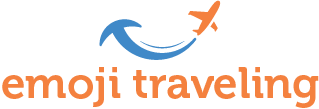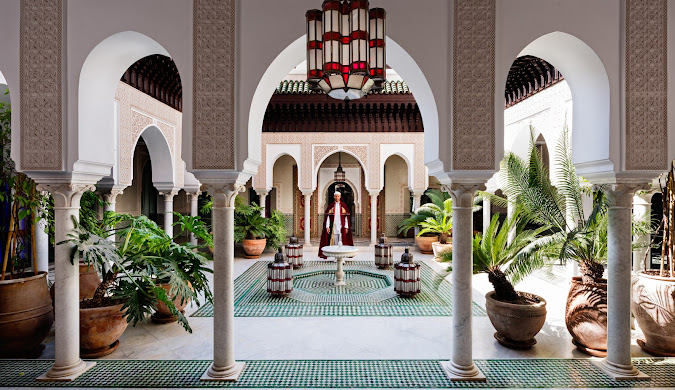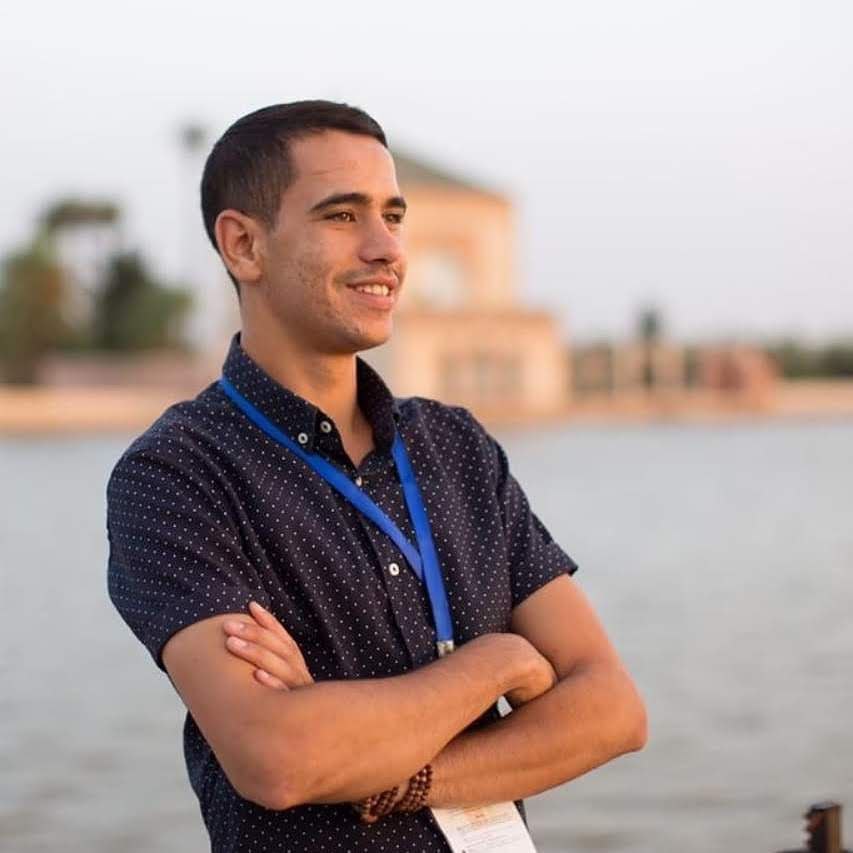Do you need vaccines for Morocco to travel ? Covid vaccinations required for morocco. Clearance in medical certificates to travel internationally has always remained a crucial part for everyone. Every country has set a distinctive style of requirements in this regard; as new diseases are rapidly taking place, every country has made it mandatory, especially for those who are coming from another country,to show their negative remarks of the test, and therefore, this article will reveal the facts for every individual traveling in Morocco after the era of Covid-19.
Post COVID Days: Vaccinations for Morocco Policies
Though the bad days of the pandemic have gone yet, the policy of the Moroccan government still demands everyone to exhibit a negative result of COVID test, along with solid proof of vaccination. Therefore, it’s recommended to have the most recent report of COVID-19 negative test.
Health and Safety Considerations
It’s recommended for everyone to go through the process of thorough check-ups before he or she departs for a certain country of the world. It’s very important to understand that without a vaccine, traveling can become a serious health risk.
Health Measures in Morocco
Morocco has implemented various health and safety measures to protect both residents and visitors. This includes mandatory mask-wearing, social distancing, and hygiene practices. Understanding these measures will help you navigate your travel experience safely. Following the policies announced by the government is mandatory for everyone.
Access to Medical Services
Knowing the availability and accessibility of medical services in Morocco is essential, especially if you are unvaccinated. This section provides information on local healthcare facilities and what to do if you need medical attention during your stay.
Quarantine and Isolation Rules
Depending on current regulations and your specific circumstances, such as symptoms or contact with a confirmed COVID-19 case, unvaccinated travelers might be subject to quarantine measures. This can vary based on the current COVID-19 situation in Morocco and any updates to health protocols. Staying informed about the latest vaccinations for Morocco rules will help you plan accordingly.
-
- Type of Test: Morocco typically accepts PCR tests, which are highly accurate and widely used. Some rapid antigen tests may also be accepted, but it’s important to check which type vaccinations are required.
-
- Time Frame: The test should usually be taken within 72 hours before departure. It’s crucial to adhere to this time frame to avoid any issues at the border.
-
- Documentation: Ensure that you have official documentation of your negative test result, as it will be checked upon arrival.
Staying Informed
Travel advisories can change rapidly, and staying informed is crucial for a smooth travel experience. Here are some tips by which you may always know, can you travel to morocco without a vaccine or not? :
-
- Official Sources: Regularly check official government websites, such as the Moroccan Ministry of Health and the U.S. Department of State, for the latest updates.
-
- Travel Alerts: Sign up for travel alerts from your government or trusted travel organizations.
-
- Local News: Stay informed about local news in Morocco to understand the current COVID-19 situation and any new restrictions or changes.
2. Adapting to Changes
Being flexible and prepared to adapt your plans is important in today’s travel environment. Here’s how you can manage unexpected changes:
-
- Plan for Delays: Be prepared for potential delays at airports or borders due to health checks or changing regulations.
-
- Flexible Bookings: When possible, choose accommodations and flights with flexible cancellation policies.
-
- Alternative Itineraries: Have a backup plan in case certain attractions or regions become inaccessible due to health restrictions.
Practical Tips for Traveling to Morocco
1. Preparing for Your Trip
Proper preparation can make your travel experience smoother. Consider these tips:
-
- Packing Essentials: Include masks, hand sanitizer, and any personal medications you might need. A small first aid kit can also be useful.
-
- Currency and Payments: The Moroccan dirham is the local currency. Ensure you have some cash on hand for smaller purchases, but credit cards are widely accepted in cities.
-
- Language: While Arabic and Berber are official languages, French is widely spoken, especially in urban areas. Learning a few basic phrases can enhance your experience.
Travel Insurance and Documentation
Travel insurance is crucial, particularly for unvaccinated travelers. It provides coverage for unexpected events, including health issues related to COVID-19. This section discusses what to look for in travel insurance policies and why it’s essential.
Required Documentation
Ensure you have all necessary documentation, including a negative COVID-19 test result, travel insurance, and any health declarations. It exhibits the way forward, such as what documents you need and how to prepare them. These documents will help one to pass every barrier, especially at airportscheckpoints.
Current Travel Advisories and Updates
Travel advisories and entry requirements can change rapidly. It reveals some sort of informative tips on how to stay informed about the latest travel advisories for Morocco, including reliable sources and resources. The additional thing that can be more useful is to stay up-to-date with the mainstream media news.
Adapting to Changes
Be prepared for any last-minute changes to travel requirements. This section offers advice on how to adapt your plans if there are sudden changes in travel regulations.
Practical Tips for Traveling to Morocco
Proper preparation can make your trip smoother. This section includes tips on what to bring, how to prepare for your journey, and any specific requirements for unvaccinated travelers.
Nanavigating Moroccan Cities
Traveling within Morocco involves understanding local customs, and transportation options, and navigating cities. Every visitor needs to learn and understand the norms and values of Moroccan culture, besides, the issue of vaccination, every man and woman is mandatory to wear the cloth as per the customs of locals.
Cultural Considerations
Respecting local customs and traditions is important when traveling. This section highlights key cultural practices and etiquette to ensure a respectful and enjoyable visit.
Conclusion
Morocco is a land of mixed cultures, ethnics, and languages. The national language in the country is Arabic, however, in tourist localities, people often speak French. Morocco, a land of vibrant culture, rich history, and stunning landscapes, offers a diverse array of experiences for travelers. The country is famous due to its several tourist spots, ranging from the renowned city of Marrakesh to the great Sahara desert; every year, people from around the globe visit the country. In short, the country is full of twists and fun, there are a lot of things to do and this article will reveal a few of them.As of mid-2024, Morocco has set specific health protocols for incoming travelers. While vaccination has been a key requirement for many countries, Morocco has allowed entry for unvaccinated travelers under certain conditions. It’s important to verify the latest information from the Moroccan government or official travel advisories before planning your trip, as policies may change frequently.Traveling to Morocco without a vaccine requires careful planning and adherence to specific regulations. By understanding the entry requirements, health considerations, and practical tips, you can ensure a smooth and enjoyable trip. Stay informed, prepare thoroughly, and prioritize your health and safety to make the most of your Moroccan adventure.




0 Comment